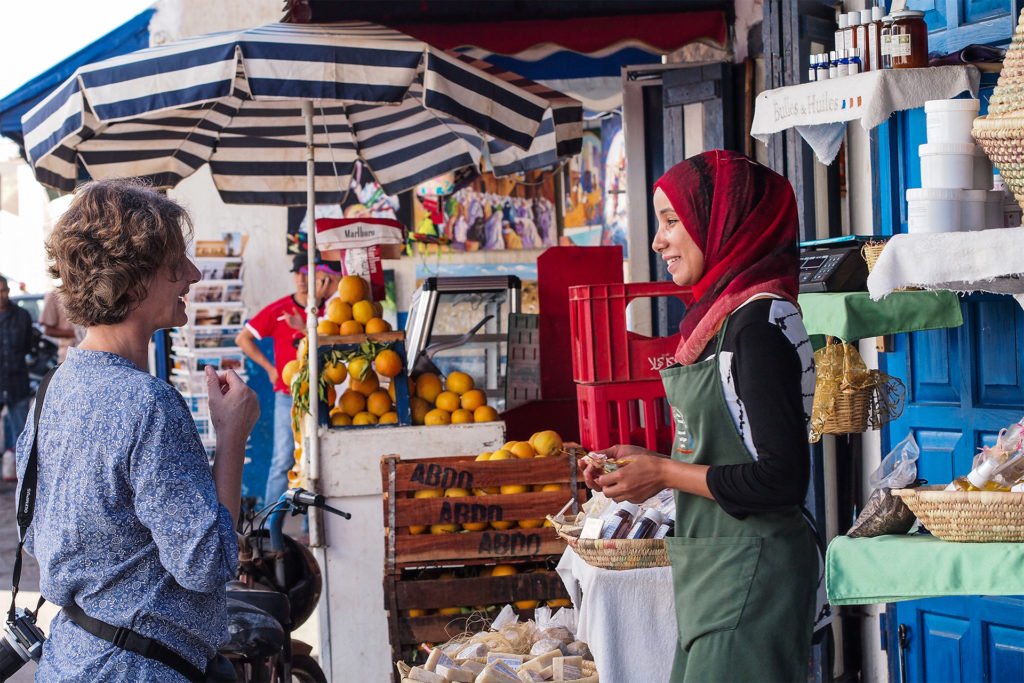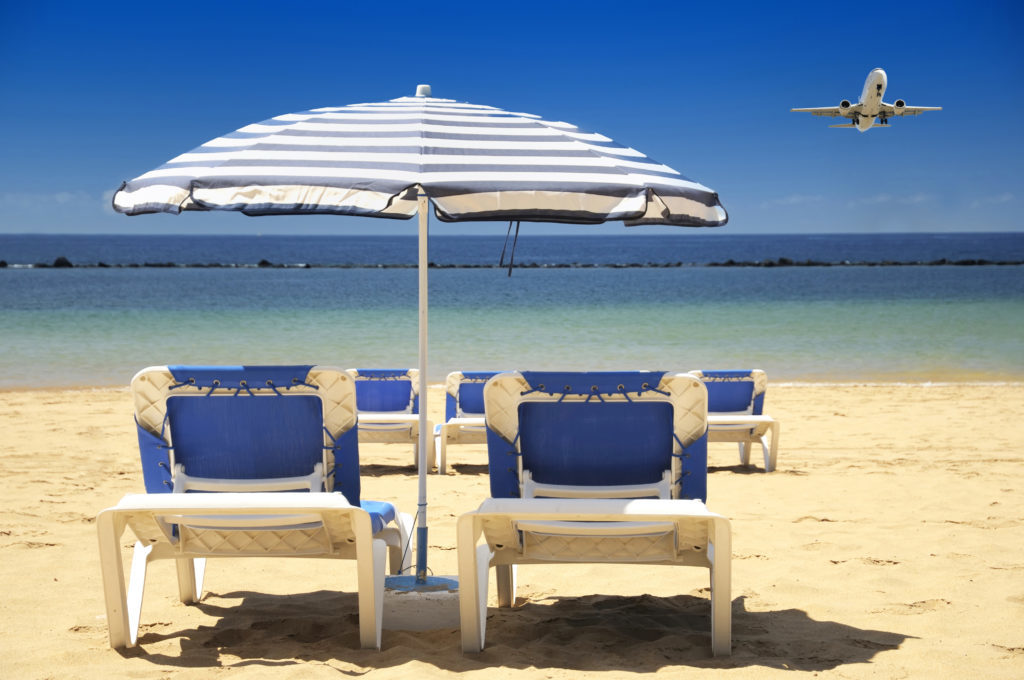Expert Tips To Avoid Overspending On Holiday

Amidst the cost of living crisis, millions of people are going back to using cash to help control their spending. There’s been an 8% increase in cash withdrawals each month.
Despite this, there’s been a recent increase of 40% in people looking for ‘cheap holidays’ online (Google Search Trends).
Many people are finally going on holidays this year that have been rescheduled during the pandemic. However, now they have less holiday money to play with.
Knowing that cash is big on the agenda for those travelling abroad, Charles Stewart, managing director of leading foreign change experts eurochange, has provided top tips on how to make your cash stretch as far as possible on holiday this year. All without losing out on a quality holiday experience!
Set and stick to a daily budget
Many travellers have a good idea of how much they’re happy to spend in total on their summer holiday. But one of the best and most successful ways to make sure you don’t exceed your budget is to set cash aside for each day of your holiday.
For example, think about the first day you travel and why you’re more likely to need extra that day to cover the cost of taxis and hotel tax fees in Europe.
Consider the days you’ll be visiting the beach, and factor in the cost of small extras such as refreshments and the cost of hiring a sun lounger.
By planning this way, you’re much more likely to set a realistic daily budget that you’re able to stick to.
Remember it’s also good to set cash aside in case of an emergency. This is to cover any unexpected travel or medical expenses, so you’re not left short.
We’d recommend leaving a proportion of your cash somewhere safe at the hotel or at your accommodation – ideally in a safe – so that you’re not tempted to spend it whilst you’re out and about, and only carry with you what you need.
Restaurants: do some research
Sticking with the planning theme, there’s nothing worse than arriving somewhere new, not knowing where to go to eat, and ending up somewhere that seems disappointing for the money.
Instead, before you travel, spend a couple of hours looking into the highest-rated restaurants close to your accommodation and having a quick glance at menu prices compared to the reviews.
By doing this, you’re more likely to set a realistic budget for food and drink.
A great tool to use for more information on food and drink prices is Finder, where holidaymakers can access the cost of a pint across all the popular holiday destinations in Europe!
Pre-booked transfers aren’t always cheaper
When booking a holiday online, holiday-goers are often encouraged to add on their transfer services from the airport to the hotel and back again on the spot, giving the impression that this is much cheaper than a local taxi fare.
However, this can sometimes be a tactic for holiday providers to earn extra cash. This is just to get a quick sale, and pre-booked transfers don’t always turn out to be cheaper.
Rather than booking a transfer right away, check out a local taxi fare calculator online. This is available for the most popular holiday destinations. Often travellers are able to catch a local cab much more easily and cheaply without having to wait around for everyone else to make the coach (and then having a magical mystery tour of other hotels en route to yours).
Be public transport savvy
Another good transport tip is to look into available deals for public transport before you travel. Many tourist hotspots offer better deals when booking in advance. Some provide discounts of up to 20% when booking as a family.
For example, from September to the end of the year, Spain is offering free train travel on commuter and medium-distance routes to combat the rising cost of living.
When booking public transport for another country online, make sure you’re using official tourism or transport websites to avoid being exposed to a scam.
Rail Europe is a great planning and booking service that provides daily deals for holidaymakers.
When using cash to pay for public transport, ensure that you are using an accredited service provider to avoid paying more than you should. Ask your hotel provider which transport companies offer the fairest and most reliable service in the area.
Hidden extra fees
Finally, there can be many unexpected costs of going on holiday that you’ll need to consider when setting out a cash budget. Here are some key examples to be aware of:
Hotel WiFi
Remember that some hotels do charge extra for this service.
Tourist Tax Fees
Before you travel, be sure to check out the local hotel tax rate that could be payable on arrival in specific European countries. For example, in the Balearic Islands of Ibiza, Formentera, Menorca and Majorca, the Sustainable Tourism Tax can vary from 84p to £3.35 per night depending on the type of accommodation you choose.
Hire Car Deposits
Although you may have already budgeted for the use of a hire car if you’re travelling somewhere a bit more remote, remember that the majority of hire car companies also take a holding deposit in case of any potential damage to the vehicle. Although in most cases you’re likely to get this back, remember that’s not always the case.
Exchange and translation fees
If you’re opposed to using cash or simply need to use your card for bigger purchases abroad, double-check your banks’ individual transaction fees for purchases abroad to make sure you’re not faced with any unexpected charges. Likewise, with cash, consider the exchange rate within your overall holiday budget to make sure you’ve factored in that cost, too. For more travel tips and inspiration, visit eurochange.co.uk/blog
Every week in My Weekly, and in the four-weekly My Weekly Special, you’ll find lots of great suggestions for a wonderful break, near or far. Why not subscribe to one or both for a fantastic money-saving deal… plus loads of feelgood holiday reading for the journey!











